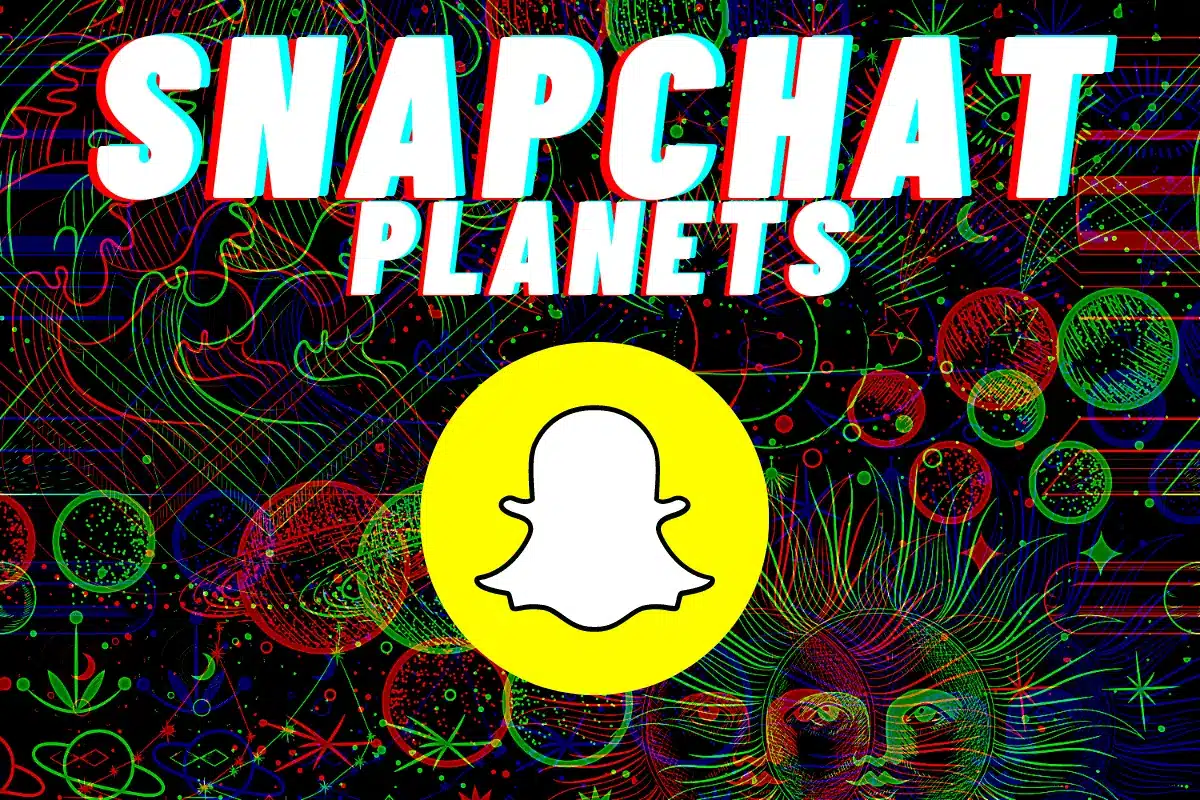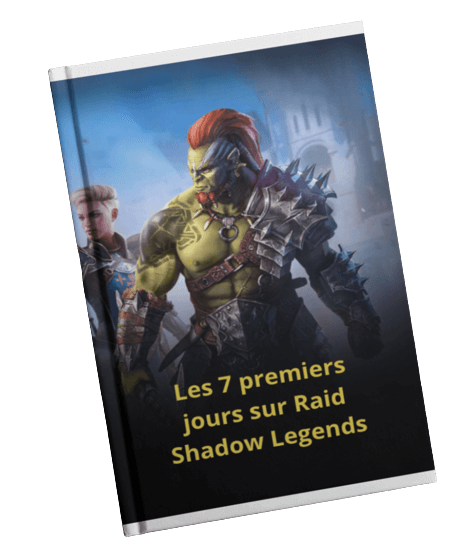The evolutionary integration of new features is what makes social networks like Snapchat ever more attractive and fun. In fact, the new Snapchat planet feature is already the talk of the web. Some lively Internet users have already mastered the feature. But some still need to be enlightened about it.
That's why we're going to tell you all about Snapchat's "friend solar system". Let's dive in and explore Snapchat's planets and solar systems.
To hack a Snapchat account: here's the complete guide.
Features of Snapchat Planet friendly solar systems
Snapchat and solar systems are similar: this feature allows you to choose 8 best friends in your best friends on Snapchatand make them revolve around you, just as the planets revolve around the sun in our solar system.
However, it's also worth noting that this feature of Snap Plus Planet is only available in the paid version. So if you want to take advantage of this feature, you'll need to subscribe to Snapchat Plus. However, a 7-day free trial offer is offered as a free trial.
Mercury
In the solar system, Mercury represents the planet nearest of the sun, i.e. it represents the friend who has the most interactions with you on Snapchat. And that you're also the one who interacts with him the most on the social network. This planet is recognizable by its pink color, on which you'll find red hearts.
Venus
Venus represents your second friend in Snapchat. It's a sandy planet where you can sees pink heartsyellow and blue.
Earth
The earth is a blue planet with green continents, and is represented by red hearts. She represents a friend who often sends you chats, shares footage with you. It is your 3ᵉ closest friend.
March
Mars is a red planet where you can find red hearts. It is the fourth in the solar system and therefore means that the person is the fourth in your friends list ranking.
Jupiter
Jupiter, 5ᵉ of your solar system, is a brown planet adorned with rings. It shares a few times content with you and interact with you occasionally. The planet is represented by yellow and blue hearts.
Saturn
Saturn is the yellow planet with rings on which are yellow and blue hearts. It is the 6ᵉ planet of your solar system of friends.
Uranus
Uranus, penultimate on the list, is a friend who rarely interacts with you on Snap. This is the seventh. It's a blue planet adorned with rings and on which you'll see yellow hearts and blue.
Neptune
Neptune is obviously last on the list. It's the planet furthest away. It's a friend thati almost never share content, chat, sequences with you. The 8ᵉ planet is from dark blue color and is represented by yellow and blue hearts.
In short, the planets closest to the sun represent the closeness of friendship you have with the person according to Snapchat.
Design of the "Snapchat planet" feature.
Snapchat's solar system is an idea for schematizing your friendship with a person based on your shared sequences, the frequency of your chats, and so on. In this way, you can see your friendship status with your loved ones.
In the design of this feature, the sun represents you and the planets represent your friends, ranked according to your rate of interaction on Snapchat. You can see your Snapchat friends' respective ranks in your Snapchat planet. But you could also see your rank in theirs. Let's just hope it doesn't make anyone jealous.
In any case, this concept is a good way of reminding fasters of the alignment of the planets in relation to the Sun. Even so, this application is forbidden to children under 13.







